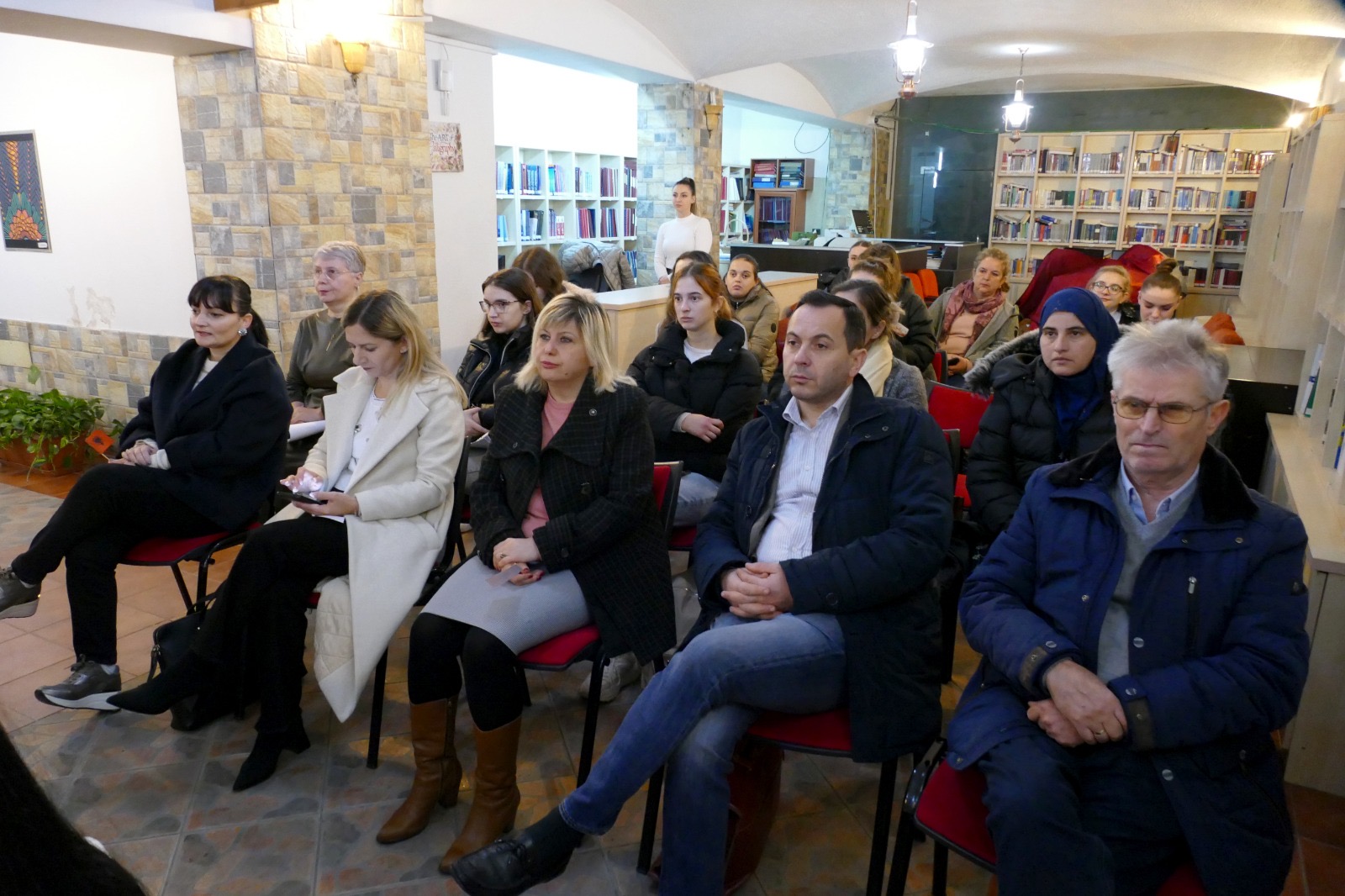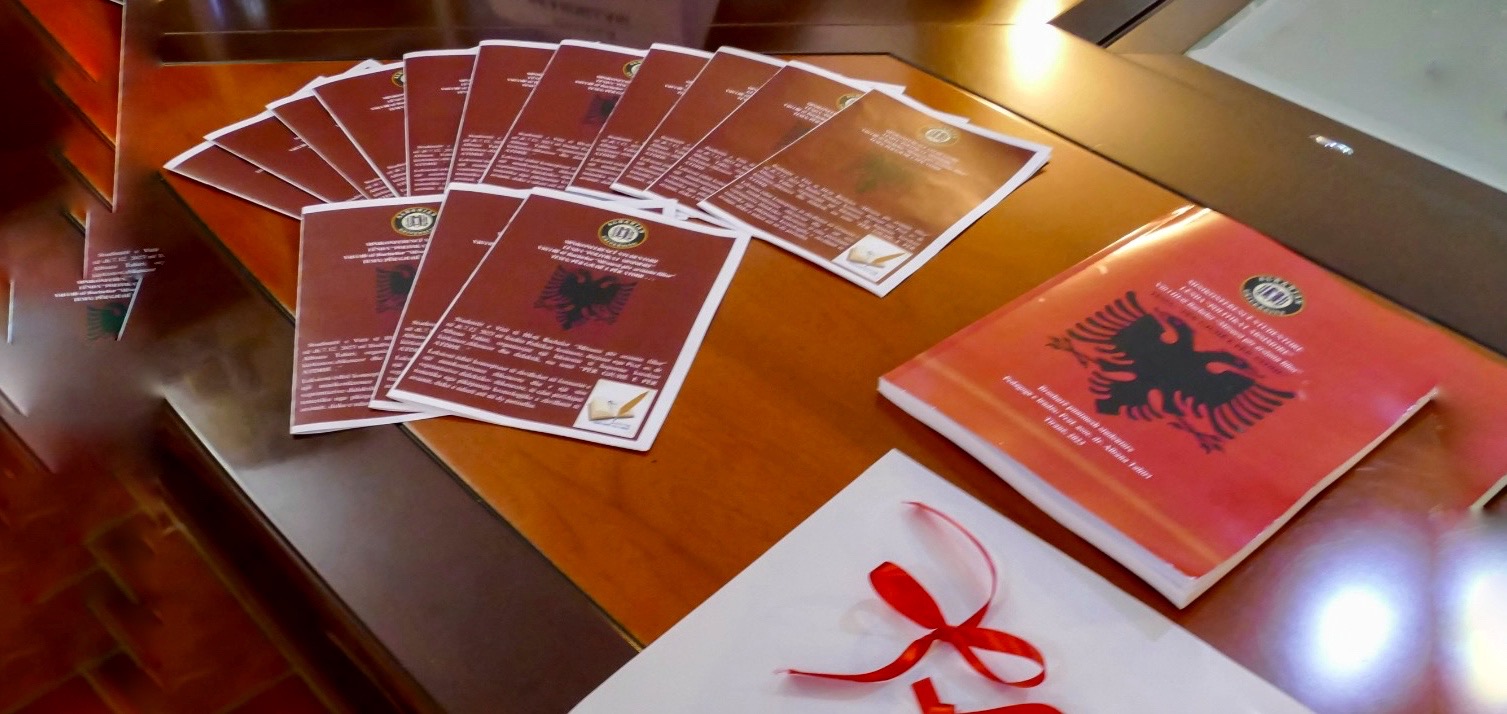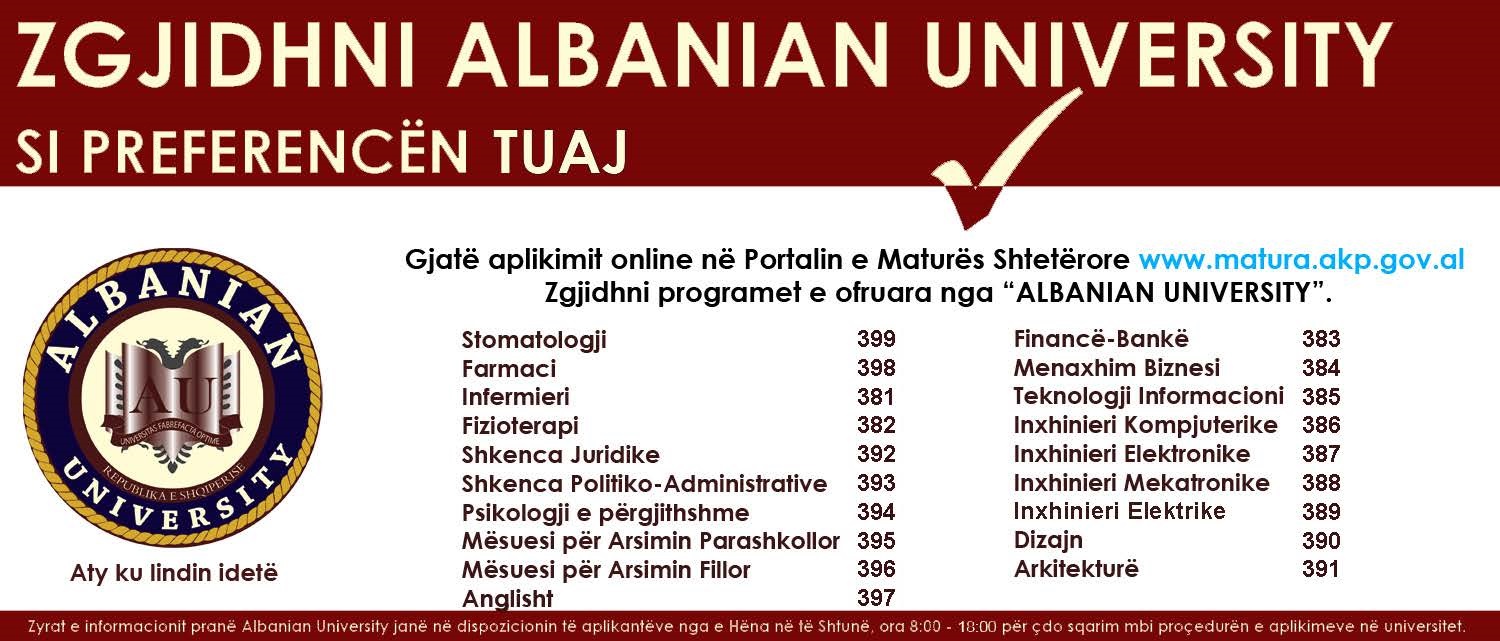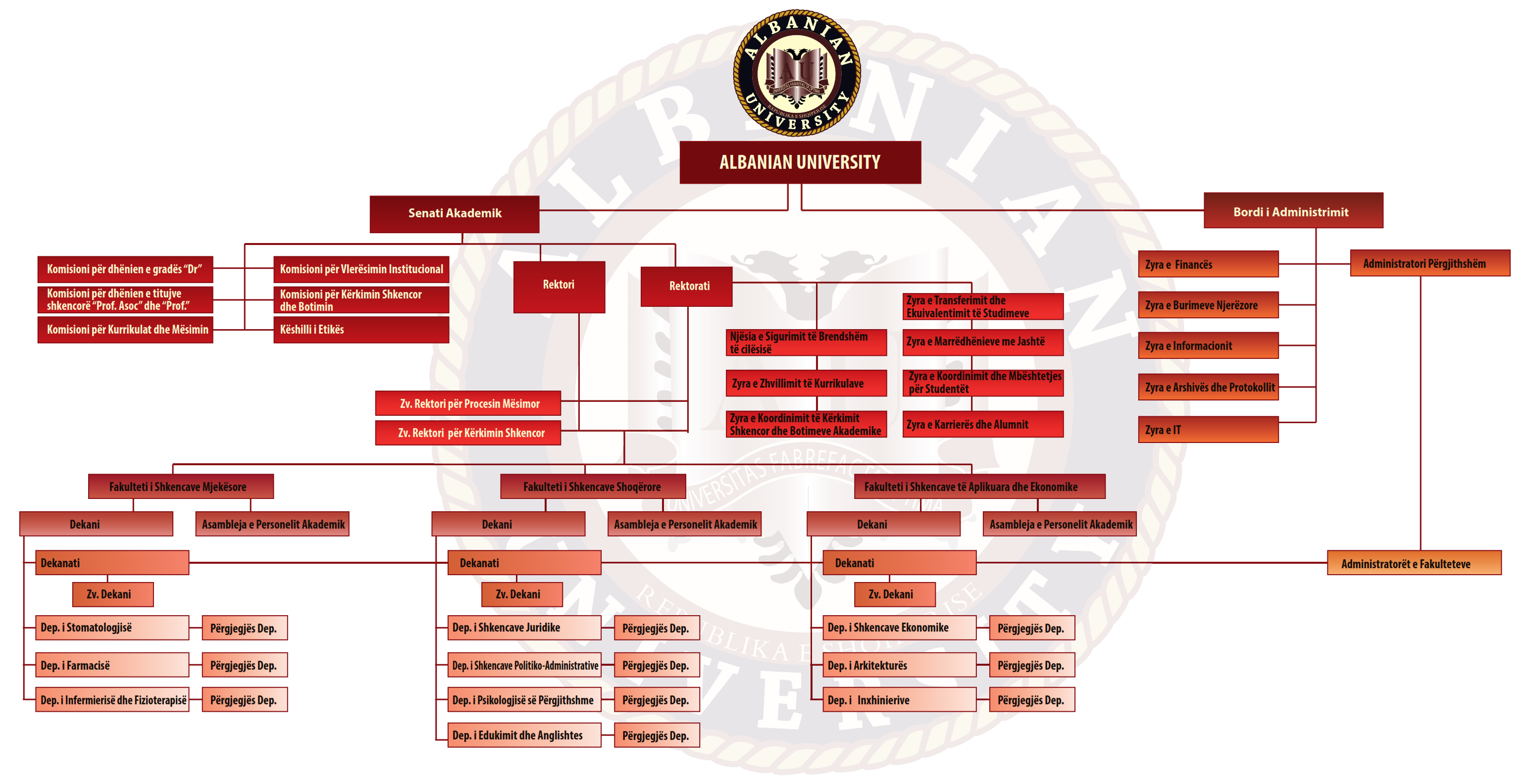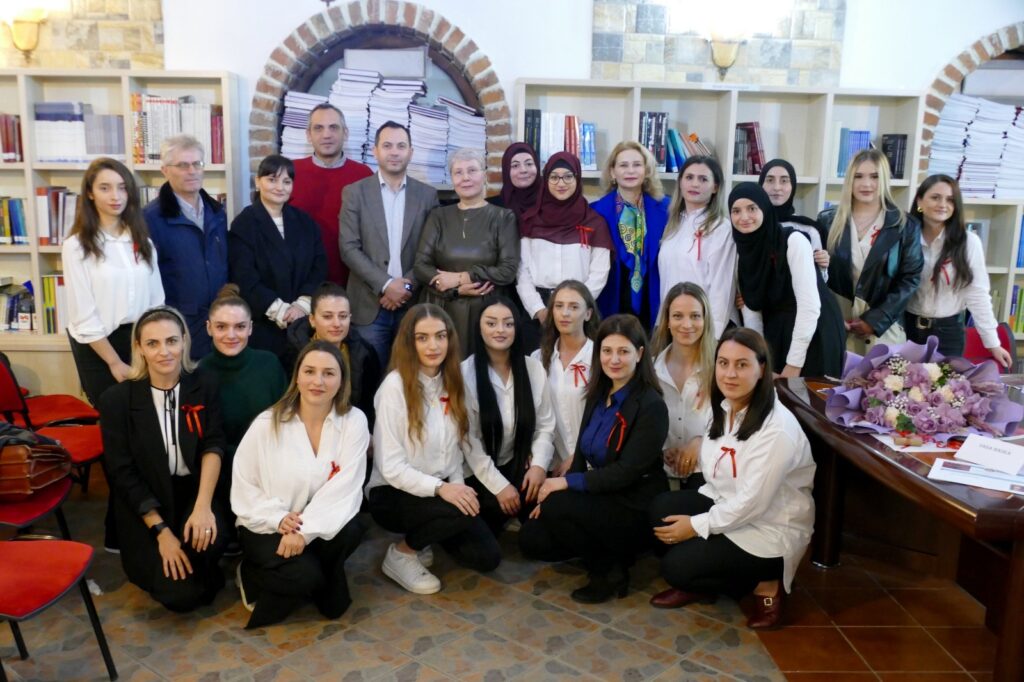
Open lecture with a research, scientific and didactic character “LANGUAGE AND HOMELAND”
Third year students attending the Bachelor study program “Primary Education Teaching” in the auspices of Assoc.Prof.Dr Albana Tahiri, and in the framework of the subject Educational Policies organised on December 7 the open lecture with a research, scientific and didactic character “LANGUAGE AND HOMELAND”.
The lecture was organised as a mini-scientific conference, accompanied by a series of scientific and didactic activities, which included topics in a chronological point of view, divided into two periods:
First Period: “Education from medieval period until creation of Albanian State. Manastir Congress. Efforts of Renaissance Men for creation of Albanian State’’.
Second period: “Legislation of the period and educational policies. Albanian Statehood in 1912, education during Prince Weid era, education during King Zog government until end of second world war1944”.
The students mini-conference highlighted the role of teacher from the historical aspect of their activity, underlining the strong influence of this figure in breeding new generation with love for the language, nation and all national issues.
The mini-conference or open lecture focused on topics related Congress of Manastir and Congress of Albanian Language Alphabet, including efforts for establishment of alphabets, abc books, schools, cultural associations, etc, always pointing to presence of teachers in all major events of the Nation.
The overview was carried out in a chronological aspect of educational policies, focusing not only on their novelties but also problems of the respective period underlining that “Homeland and Nation consist of concrete notions, love for whose is cultivated by schools and teachers and is still transmitted to next generations, offering a precious contribution in preservation of native language, Albanian culture and national identity”.

